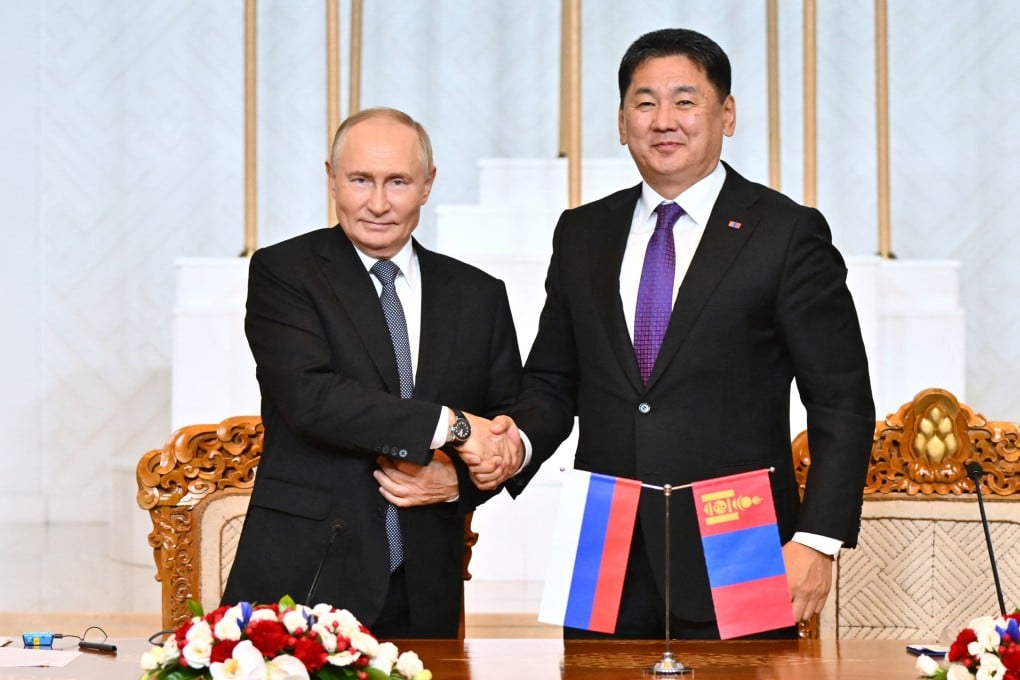Opinion | Why Mongolia’s ‘third neighbour’ policy has Russia worried
Mongolia is unlikely to abandon efforts to diversify its diplomatic relations, but Russian economic incentives could slow the pace of change

Achieving both objectives presents difficulties. Without support from China, financial resources are unlikely to be secured. If financial goals remain unmet, stabilising Mongolia’s foreign policy will be even harder without applying unsustainable pressure.
Putin highlighted the importance of trilateral cooperation between Russia, Mongolia and China, describing it as the foundation of their comprehensive partnership. He noted that the first high-level trilateral meeting occurred in 2014 during the Shanghai Cooperation Organisation summit in Dushanbe, Tajikistan.
Since then, a robust framework for mutually beneficial cooperation has been established, including the 2016 signing of a plan to create a China-Mongolia-Russia economic corridor. This would integrate Russia’s Eurasian Economic Union, China’s Belt and Road Initiative and Mongolia’s Prairie Road plan.


